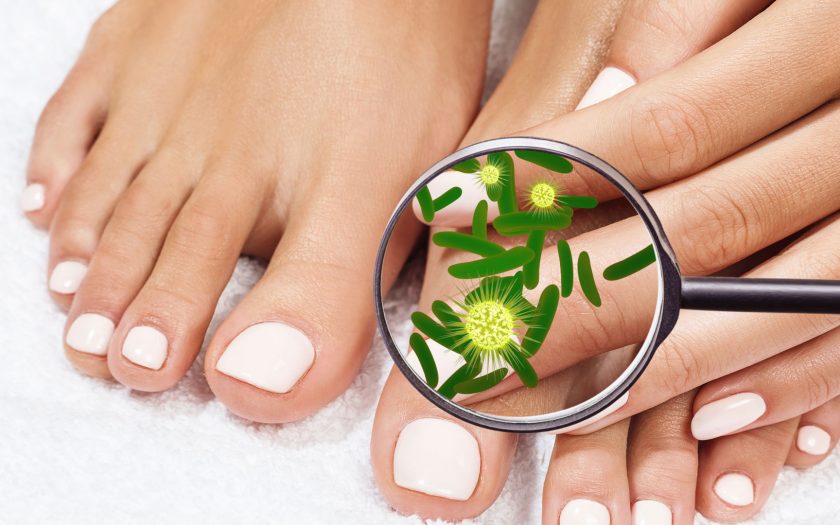With nail fungus, you should stick to a healthy diet for a long time, at least a year. Fungal infection is very difficult to get rid of; most often it becomes chronic with very frequent recurrences. To help the body fight the fungus faster, follow these dietary guidelines:
- those foods that provoke fungal infections should be excluded from the diet.
- be sure to drink 1.5-2 liters of clean water a day to remove toxins from body tissues;
- periodically cleanse the liver, remove toxins and underoxidized metabolic products;
- consume vitamin drinks from the leaves of currants, raspberries, strawberries, dog rose, sea buckthorn berries, cranberries, pomegranates, cranberries.
It is recommended to include the following foods in the diet:
- lean beef, veal, turkey, chicken, rabbit (boiled or stewed);
- lean fish: pike perch, cod, haddock, roach, carp.
- chicken and quail eggs;
- unsweetened fruits and berries: cranberries, black currants, citrus fruits (lemons, oranges, limes), sour apples, pineapple, dogwood, pomegranate;
- non-starchy vegetables: fresh white cabbage, as well as broccoli and Chinese cabbage, fresh cucumbers, basil, dill and parsley, sorrel and celery. Carrots and pumpkins, zucchini and beets can only be eaten raw. They can be used to make salads, seasoned with olive oil and lemon juice. During cooking, the glycemic index of these vegetables rises sharply;
- Garlic and onions are excellent antifungal agents for prevention and treatment. However, do not eat these vegetables in large quantities. Irritation of the walls of the stomach and intestines can disrupt digestion and promote the growth of fungi. Add onions and garlic to any dish when cooking;
- seeds and nuts: walnuts, hazelnuts, almonds, pumpkin seeds and sunflower seeds. It is a very good idea to germinate the seeds of wheat, oats, buckwheat, sunflower seeds and add them to salads;
- Meat and fish side dishes are best made from vegetables, not cereals and pasta. As a separate dish you can eat buckwheat porridge, oatmeal, brown rice porridge. Completely exclude semolina, wheat or milk-rice porridge;
- sour milk products: yogurt, fresh kefir, low-fat cheeses, a small amount of sour cream;
During the treatment of fungal infections it is recommended to exclude from the diet:
- sugar and confectionery: chocolate, sweets, cakes, pastries, ice cream, canned food, jams, honey;
- bakery products, yeast: pies, rolls and fresh bread;
- sweeteners, both natural and artificial;
- sweet fruits containing fructose: melon, sweet pears and bananas, tangerines and grapes, dried fruits;
- vegetables that contain large amounts of starch: potatoes, boiled carrots and beets, white rice;
- products that increase fermentation and flatulence in the intestines: any cabbage, especially sauerkraut, beer and kvass, milk and sweet juices, carbonated beverages;
- fatty meat: pork, lamb, duck and goose, fatty sea and river fish, canned fish and meat;
- alcohol;
- boiled and smoked sausages, processed cheese;
- dairy products with added sugar: yogurts, dairy desserts;
- all kinds of sauces and marinades, mayonnaise, ketchup, mustard, horseradish, vinegar.
Treating nail infections (such as drugs like Nizral or Fungotek) will be even more effective if you follow such diet!

